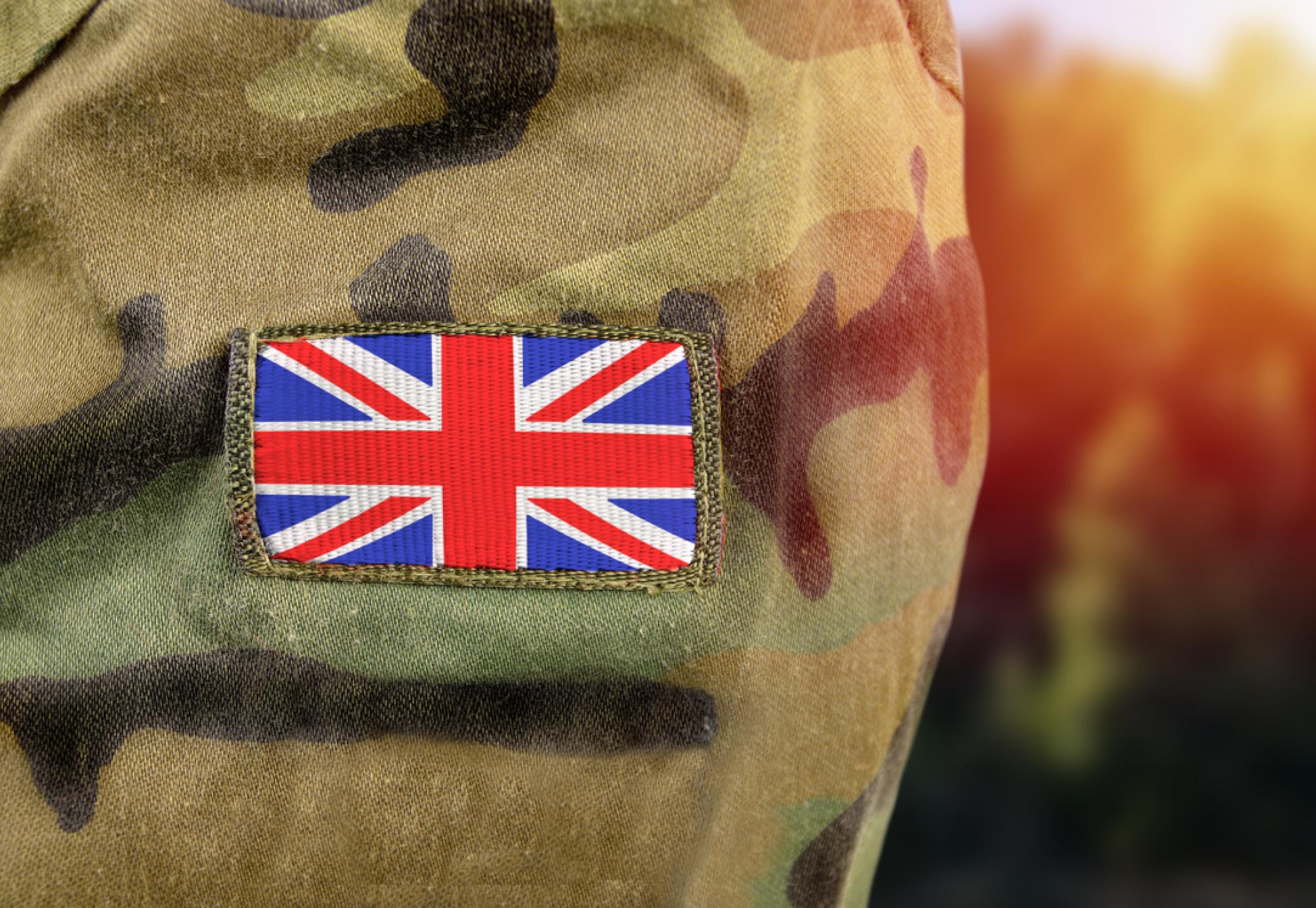A new report published by the University of Nottingham’s Institute of Mental Health has detailed the successes of a landmark programme in the North West of England that has helped ex-Forces patients navigate the difficulties of returning to civilian life and finding employment.
The collaborative initiative saw The Poppy Factory charity and Cheshire and Wirral Partnership NHS Foundation Trust (CWP) team up to deliver support and treatment to veterans with physical and mental conditions, enabling them to find work post-deployment and transition back into ‘normal’ life.
The study found that having the project embedded in a community mental health unit was key to its success, before further reporting that not only did every veteran who took part in the evaluation of the programme speak of boosted mental health levels, the scheme also helped 48.8% of those accessing the service find employment in 12 months and 54.4% find a job within a year.
Tim Welch, Chief Executive of Cheshire and Wirral Partnership NHS Foundation Trust said: “The experience of NHS workers is very different to that of those who have served in the Armed Forces. To have an employment consultant from The Poppy Factory embedded within one of our adult mental health teams in Wirral has created a deeper understanding of the veteran experience and has been an invaluable opportunity to share learning more widely across CWP.
“Not only do we have a better understanding of the challenges veterans face when seeking employment, colleagues also have greater consideration for the difficulties our veterans face overall.
“In the first year of the pilot we were able to support over 40 veterans in Wirral to find work, which has been hugely gratifying to see, especially as the pilot demonstrated ‘a substantial improvement in individuals wellbeing’ including a ‘boost to their overall mental wellbeing as a result of their time spent with The Poppy Factory, with many veterans feeling more confident in themselves after attending the service’.
“From the feedback received, it is clear this has been a highly effective partnership, with the veterans involved feeling they were supported and in a safe space. They could build trusting relationships built on a foundation of specialist knowledge both within mental health and the veteran experience, which has naturally led to better communication and joined up working to the benefit of veterans.”
To read the full report, click here.



















